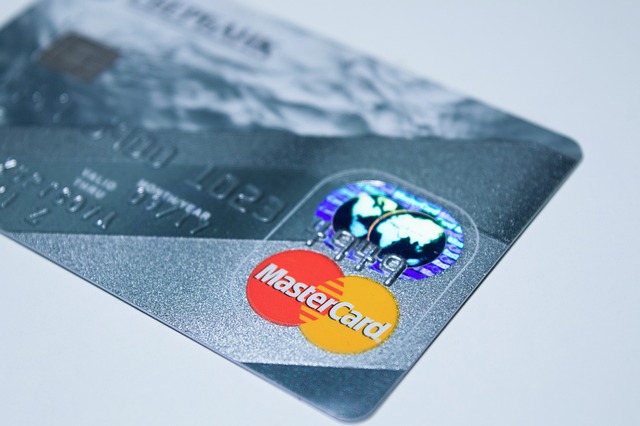How to Apply for Cards Online and Understand Approval Process
Credit cards have become essential financial tools for millions of Canadians, offering convenience, rewards, and the ability to build credit history. Whether you're looking to make your first credit card application or exploring options for online approval, understanding the process and requirements can help you make informed decisions. From traditional bank cards to specialized rewards programs, the credit card landscape offers various options to suit different financial needs and spending habits.

Understanding Card Applications
Applying for a credit card involves submitting personal and financial information to a lender who evaluates your creditworthiness. Most Canadian banks and financial institutions offer online application processes that can be completed in minutes. The application typically requires details such as your income, employment status, housing situation, and existing debts. Lenders use this information alongside your credit score to determine approval and set your credit limit.
The digital transformation of banking has made credit card applications more accessible than ever. Many institutions now provide pre-qualification tools that let you check your likelihood of approval without affecting your credit score.
How to Apply for Credit Cards Online
The online credit card application process has streamlined significantly over the past decade. Most major Canadian banks, including RBC, TD, Scotiabank, BMO, and CIBC, offer comprehensive online platforms where you can compare different card options and submit applications directly.
To apply online, you’ll need to provide personal identification, proof of income, and banking information. Many applications can be completed on mobile devices, making it convenient to apply from anywhere. The process typically takes 10-15 minutes, and you’ll receive a response within minutes to several business days depending on the lender’s review process.
Creating Your Online Card Profile
When you create an online credit card account, you’re establishing a digital relationship with your financial institution. This process involves setting up secure login credentials, verifying your identity, and linking your banking information. Most providers use multi-factor authentication to protect your account.
Your online profile becomes the central hub for managing your credit card activities, including viewing statements, making payments, and tracking rewards. Many institutions also offer mobile apps that sync with your online profile for seamless account management.
Understanding Online Approval Processes
Many credit card applications now use automated decision-making systems that can evaluate your creditworthiness quickly. However, approval is never guaranteed and depends on various factors including your credit score, income, and existing debt obligations. Some applications may receive immediate responses, while others require manual review that can take several business days.
Factors that improve your chances of approval include having a good credit score (typically 650 or higher), stable employment, and sufficient income relative to your existing debts. Some applicants may receive conditional approval pending verification of income or other documentation.
Card Costs and Fee Comparison
Understanding the various costs associated with credit cards is crucial for making informed financial decisions. Canadian credit cards come with different fee structures and interest rates that can significantly impact your overall costs.
| Card Type | Annual Fee Range | Interest Rate Range | Additional Fees |
|---|---|---|---|
| Basic Cards | $0 - $50 | 19.99% - 22.99% | Cash advance, overlimit |
| Rewards Cards | $50 - $150 | 19.99% - 21.99% | Foreign transaction, balance transfer |
| Premium Cards | $120 - $500+ | 19.99% - 20.99% | Late payment, returned payment |
| Student Cards | $0 - $25 | 19.99% - 22.99% | Minimal additional fees |
Prices, rates, or cost estimates mentioned in this article are based on the latest available information but may change over time. Independent research is advised before making financial decisions.
Choosing the Right Card for Your Needs
Selecting the appropriate credit card depends on your spending habits, credit history, and financial goals. If you’re new to credit, a basic card with no annual fee might be the best starting point. For frequent travelers, cards offering travel rewards and no foreign transaction fees provide better value.
Consider factors such as reward programs, interest rates, annual fees, and additional benefits like insurance coverage or purchase protection. Many Canadian credit cards offer cashback programs, while others focus on travel points or specific retailer partnerships.
Credit cards serve as valuable financial tools when used responsibly, offering convenience, security, and the opportunity to build a positive credit history. The online application process has made accessing credit more convenient than ever, with many institutions offering quick approval decisions. By understanding the various types of cards available, associated costs, and application requirements, you can make informed decisions that align with your financial goals and spending patterns. Remember that approval is subject to meeting lender criteria and always read the terms and conditions carefully before applying for any credit product.




